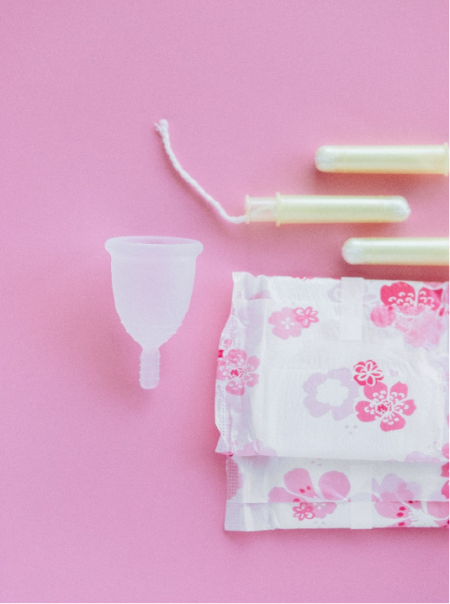In addition to its well-known purpose of letting you know if you’re pregnant, your period can actually provide some helpful insight into your overall health. Menstrual cycles are even starting to be referred to as the fifth vital sign. Your period – a vital health sign, not only can your blood pressure, temperature, heart rate, and respiratory rate provide a quick snapshot of your health – your cycle can as well.
Understanding what your period may be telling you about your health can help you identify potential health issues so that you can get a plan in place to address them. Here are some key things to monitor related to your menstrual cycle:
Cycle length
Ideally a healthy menstrual cycle will be anywhere from 25-35 days. To identify your cycle length, on day one of your period you’ll count the number of days until your next period begins. Cycles that regularly fall outside of this range can be a sign of underlying health problems such as thyroid dysfunction, polycystic ovarian syndrome (PCOS), or other hormonal imbalances.
Regularity
Although its normal for your period to come a bit early or late from time to time, a healthy cycle is typically pretty regular. If you’re noticing wide variations of your cycle length from month to month, it’s worth looking into this further. Cycle irregularity can be caused by many things like stress, medications (especially birth control), excessive weight loss/gain, intense exercise, hormonal imbalances, or perimenopause. Conditions like PCOS, endometriosis, and thyroid disease can also be the culprit of cycle irregularity.
Flow and Duration
The amount of bleeding that you experience during your period is also important. Periods that are especially heavy can be a sign of conditions like uterine fibroids and polyps, endometriosis, thyroid irregularities, or hormonal imbalances such as estrogen dominance. Certain IUDs or a uterine lining that is too thick can also contribute to more heavy bleeding.
Although it may look like you’re bleeding much more, under normal circumstances most women only lose between 30-50ml of blood per period. Anything over 80ml is considered very heavy and worth following up with your provider. Unless you’re using a menstrual cup and measuring your flow, it can be hard to tell exactly how much you are bleeding.
Passing large clots, bleeding for more than 7 days, soaking through your feminine products every hour for 2 hours or more, or soaking through clothing or bedding are some signs that you may be bleeding too heavily.
It’s important to be aware that it is not just heavy bleeding that could be a sign of an underlying issue. Period bleeding that is very scant and extremely light or periods lasting only a day or two could be a sign of things like low estrogen, PCOS, or thyroid problems. Excessive exercise, significant weight changes, or birth control can also contribute to very light or short periods.
Pain
Many women have some mild discomfort on the first day or two of their flow, but pain that is severe and that impacts your daily life may be a sign of an underlying problem. Conditions like uterine fibroids and polyps, endometriosis, adenomyosis, or pelvic inflammatory disease can cause painful periods. Its important to communicate with your provider about any discomfort that you may be experiencing for further evaluation.
Your menstrual cycle can tell you a lot about your health. It can be helpful to keep track of it and pay attention to any changes or symptoms that come with it. Regular monitoring and self-awareness can help you identify potential health problems and take action to address them.
~Mommi Brooke~









Leave a Reply